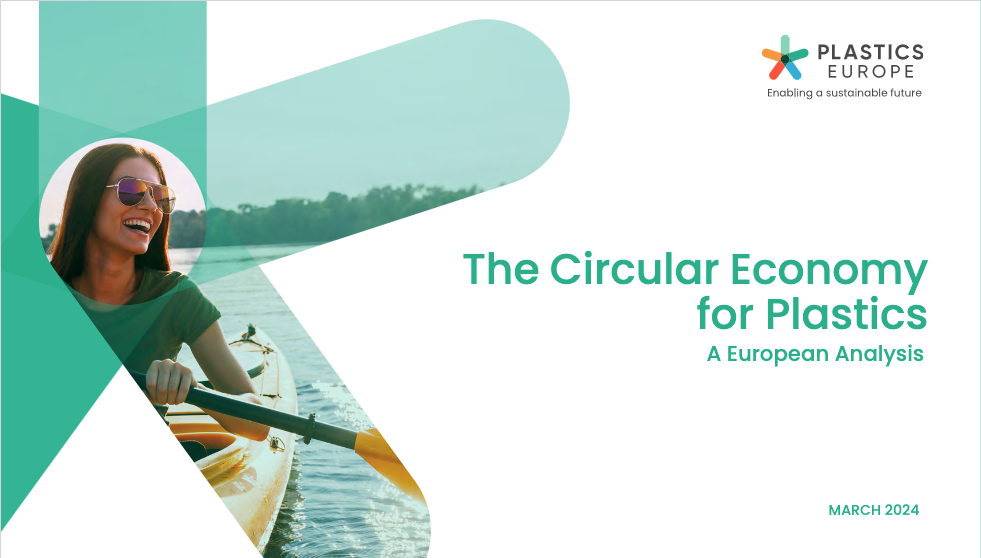Plastics Europe and its members recognise and share societal concerns about the European plastics system’s contribution to climate change, the challenge of plastics waste, and the need to ensure the sustainable use of plastics.
Plastics continue to be critical and irreplaceable materials for almost every sector of the European economy, including automotive, construction, packaging, consumer goods, healthcare and renewable energy. They will continue to play a key role in meeting a wide range of functional needs, while enabling circularity and delivering emissions savings for a wide range of sectors.
Plastics Europe’s vision is to create a sustainable plastics system that continues to meet consumer and societal demands, supports the transitions of many downstream industries, and remains a strategic asset for the European economy. Realising this vision requires the European plastics system to shift from a linear fossil-fuel based feedstock model to one based on circularity: the circular plastics economy.
The “Circular Economy for Plastics – A European Analysis” report aims to support this transition by increasing all stakeholders’ understanding of the developments and trends within the circular plastics economy. The data it provides is vital for guiding and benchmarking the transition of the plastics industry and wider plastics system against its transition ambitions, and has an important role to play in supporting evidence based policy-making.
The report looks at the production of plastics, their conversion into products and components and their consumption by end-users, as well as plastics waste collection and treatment, including recycling. It also covers the production of recycled plastics and their use in different applications and import and export data.
For the first time, the report covers production and conversion of plastics from bio-based feedstock and chemical recycling. Whilst Plastics Europe supports the role of reuse to achieve circular targets, as most reuse systems will be managed by other actors further in the plastics value chain, and generating accurate data is currently extremely challenging, the report focuses on the circularity of plastics converted into products.
Download the full report here.
Source
Plastics Europe, report, press release, 2024-02-19.
Supplier
Share
Renewable Carbon News – Daily Newsletter
Subscribe to our daily email newsletter – the world's leading newsletter on renewable materials and chemicals





